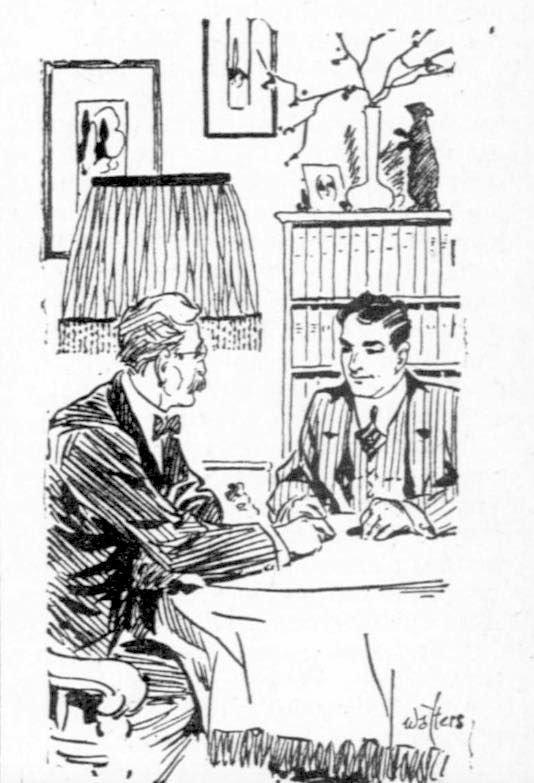
Welcome to the land of strange science, where the “modern” men of 1922 came up with ideas that would normally be reserved for science fiction and horror novelists.

Can Make Alcohol Out of Air, Say Scientists; Other Wonders
American Association for Advancement of Science Also Takes Fling at Popular Beliefs
Cambridge, Mass., Dec. 29. — Ships and shoes and sealing wax and cabbages and kings were almost the only topics not discussed at the latest session of the American Association for the Advancement of Science. Here are some of the facts and ideas that did come forth:
Some scientists at Carnegie Institution, Washington, are working on a scheme to make alcohol out of air. There’s no law against it.
When the earth uses up its stored power, according to Dr. Edwin E. Slosson, a new supply may be obtained from subterranean heat and oxidation, from tides, from the sun, and from the internal energy of atoms.
Also molecules, which now “cancel each other” by working in opposition may be “harnessed separately” and made to accomplish something by team work.
Synthetic food, produced by sunlight chemistry, is a prospect, although those who are working on it still eat ham and eggs.
Dr. D.T. MacDougal, Secretary of the association, said the scientific knowledge that men like Bryan and Dr. Straton are trying to suppress is merely a part of the “kindergarten stage of modern science.”
Galsworthy, the English novelist, was ridiculed for talking about a “new moon rising over the trees,” and Dr. James Harvey Robinson said that about all some students learn from a course in astronomy is to distinguish between the sun and the moon.
Dr. H.E. Wetherell of Philadelphia displayed a vest pocket typewriter which makes no noise and writes seventeen words a minute.
Bugs that eat coconut meal are just as nutritious as the meal itself, according to Prof. R.W. Doane. Cows that eat the bugs get along just as well as those that eat the meal firsthand.
The idea that a red rag angers a bull is all nonsense. Prof. George H. Stratton said so. It merely “excites” him. And at that, red is no more exciting than other colors.
Source: The Evening World (New York City, NY newspaper). December 29, 1922.

